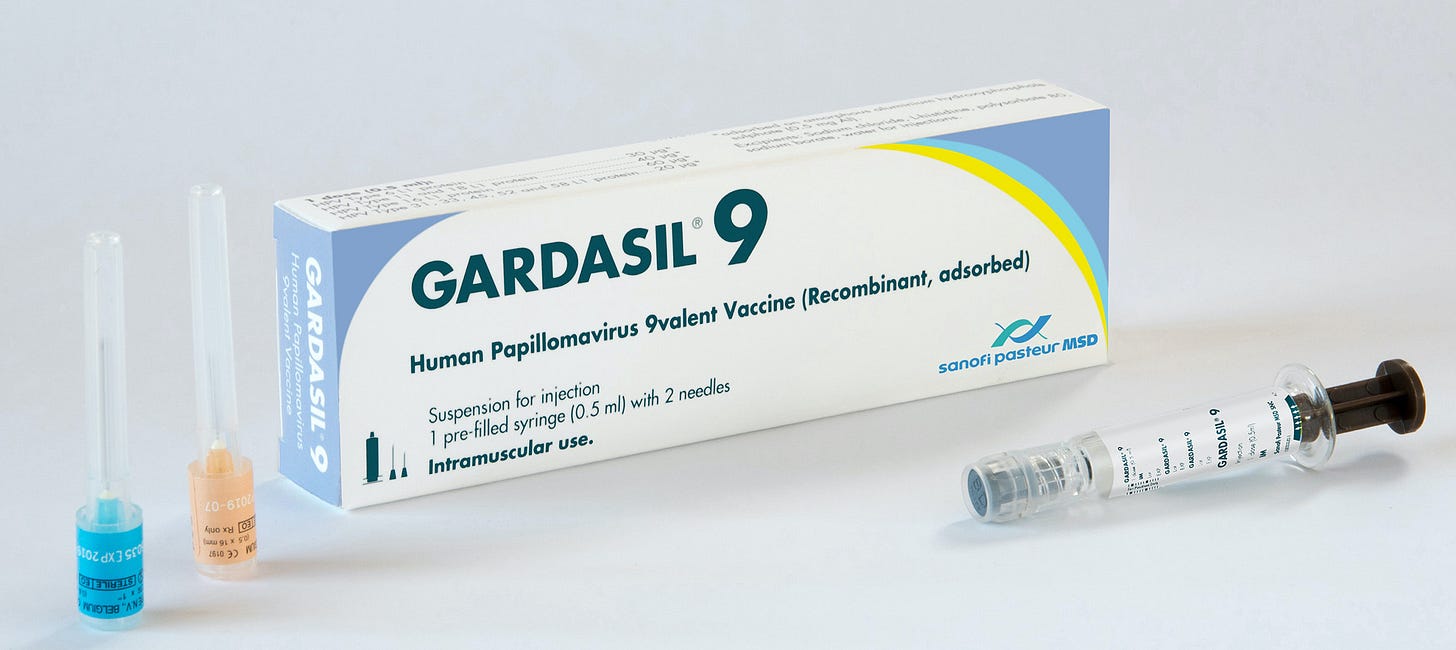Merck misled participants in Gardasil HPV vaccine trial
Women were told the placebo in the trial was inactive and that the vaccine's adjuvant had been safety tested - both were untrue.
A new study published in the International Journal of Risk & Safety in Medicine, has found Merck seriously misled the participants in a trial of its Human Papilloma Virus (HPV) vaccine and compromised their right to informed consent.
Researchers found the recruitment materials and informed consent forms given to volunteers in the trial contained misleading information, leading them to believe the study’s placebo was ‘saline’ or an ‘inactive’ substance, when it wasn’t.
Instead of injecting saline, the placebo in Merck’s Gardasil FUTURE II study actually contained a proprietary adjuvant called amorphous aluminium hydroxyphosphate sulfate or AAHS.
The consent form stated “One half of the participants will receive the active vaccine, while the other half will get the placebo vaccine (meaning a vaccine without active substance)” leading the participants to falsely believe the placebo was inactive.
In 2020, Doshi et al found similar evidence after analysing clinical study reports, which had been obtained from the European Medicines Agency, pertaining to five randomised controlled trials of the HPV vaccine.
Unknown contents of AAHS
Aluminium found in adjuvants is a known neurotoxin which is used in vaccines to induce a stronger immune response. But AAHS is more potent than traditional aluminium adjuvants which have been used in vaccines for decades.
Merck claims its AAHS formulation is proprietary and, to date, has refused to provide samples to independent researchers for testing, so the full composition of AAHS remains unknown.



